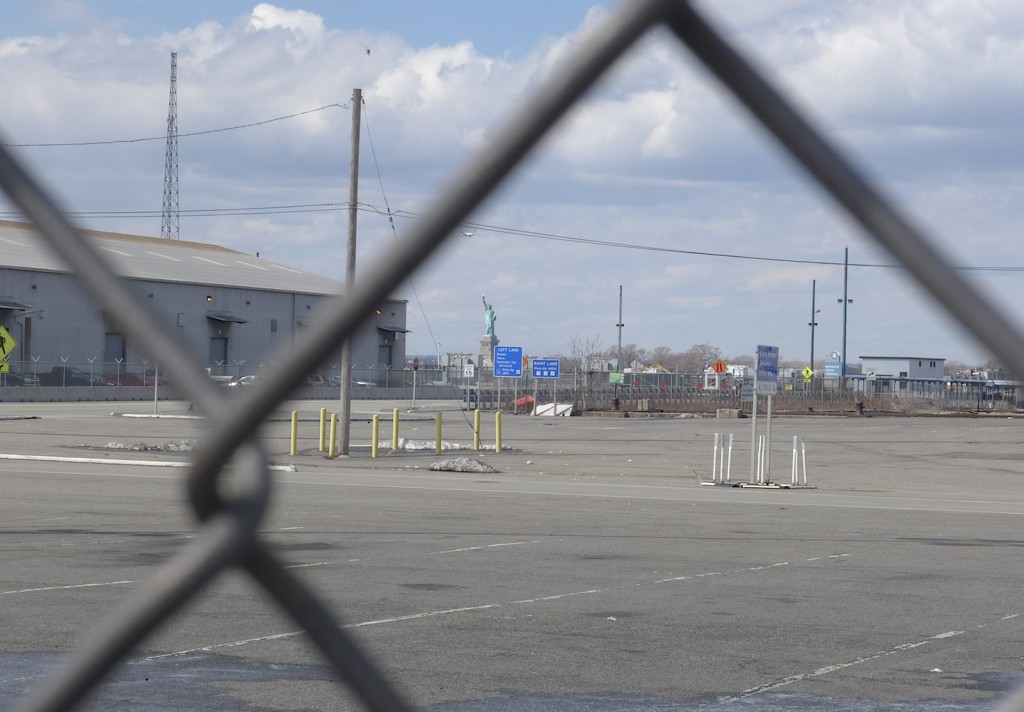I humbly apologize for the enormous gap sine the last posting, but when I arrived in Berlin from Israel I was suffering from a viral infection that didn’t want to go away. In spite of this there was a very long “to do” list, not least preparing for moving STUART PIGOTT RIESLING GLOBAL’s across the city yesterday. Thankfully, that went very well and this blog is now up and functioning in its new Berlin home. Here is the much delayed story on journalistic ethics that I promised my twitter followers a few days back. It’s theme is the liberty of the freelance journalist to shoot from the hip that I consider essential if really good writing is to be the goal (which it certainly is for me).
What is the right way for freelance journalists to work, behave, live? In recent years this was a question I don’t think much about, because many years ago I figured out what seemed right to me. However, an exchange on twitter the other day dragged me by the scruff of the neck back to this question. I decided that freelance wine journalists don’t need to be saints, but we do need to straight with our readers and to be fair to the winemakers who’s products we write about.
One obvious objection to this is, that although it sounds good this statement isn’t even close to being a clearly laid out code of practice. Principals, however strongly held, are always vaguer and more abstract than a written book of rules. But would an industry-wide code of practice really function in the rough and tumble of freelance journalism? I’m very skeptical about that for a bunch of reasons. The truth is that, with or without rules the world in which freelance journalists operate would continue to put good intentions and lofty principals to a severe test. It’s about as far removed as you can get from the lives of people with 9 to 5 jobs and regular paychecks, as long they follow the rules. Sometimes it’s closer to navigating uncharted waters with a coastline as confusing as Norway’s, and I mean that in the moral sense too.
Nobody does that for many years without making a few compromises – I know I made some small ones that I hoped weren’t harmful (more about that below) – and a code of practice wouldn’t change that fundamentally. Actually, I fear that it would only encourage weak-willed journalists who sell stories and their souls for short-term profit to become more clandestine about their unsavory activities. The most important thing as a writer is to stick to your core values (and to write great stories, of course), and to my mind this is better than doing everything by the book, because that so easily gets reduced to going through the motions. Sure, the situation is different for major news publications that need books of rules to discourage corruption amongst their employees, but that’s one reason I remain a freelance journalist, in order to shoot from the hip.
Don’t get me wrong, I’m also completely convinced that readers are right to expect journalists to report what actually happened rather than make up their stories, or, worse still, dress up advertising as objective reporting. Most of us recoil from things that pretend to be something they’re not and rightly so. Modern history is full of that stuff. Any intelligent person ought to realize that although one end of this wedge is thin, it quickly becomes a lot thicker as you get farther down. If the subject is wine, merchant banking, football or the US President, the moral question remains the same.
In the front of my 2014 diary I wrote two quotes from Georg Orwell, the first of which describes most crucial issue I confront in my work everyday. “Journalism is printing what someone else doesn’t want printed. Everything else is Public Relations”. Without the willingness to write things some people don’t want to see printed criticism becomes a hollow word. The second Orwell quote is about what happens to journalism when it loses touch with those core values and becomes subservient to unscrupulous people. “Political language is designed to make lies sound truthful and murder respectable.”
That is also the reason why a freelance journalist needs to have a considerable freedom of action, including sometimes doing the “wrong” thing. I loath and despise organized press trips on which all expenses are covered, not only because they encourage journalists to have a good time at someone else’s expense (that’s why we in the biz call them Junkets), but more importantly because they encourage the participating journalists to go home and all right the same lame tame story. However, a couple of the best stories I ever wrote were the result of my breaking my normal rule and going on press trips. Of course, I went on them with an attitude that was anything but devoted. One of those stories, so far untold in writing, will form the first chapter of my next book (codename WAM).
My impression is that those freelance wine journalists who have a reputation for moral straightness and independence of opinion rarely get bugged by the purveyors of wine products trying to more or less subtly buy their praise. Over the years you not only get a reputation, but also build up something like an aura. My aura sometimes make readers too reverential towards me, which bugs me, but it also frightens off those people with a lot of wine to sell who would be willing to pay to have me puff their products, and I’m extremely glad it has that effect. Hard to believe?
It has been suggested that the real solution would be if we all wine journalists and critics pay for the wine we taste, or declare the fact every time we didn’t. Sure, if the wine is, for example, Château Lafite Rothschild, that sip could be worth a significant amount of money, but mostly it lands in the spit bucket. Not only am I against the rigidity of this proposed rule and the creeping Moral Correctness that lurks behind it (MC is as bad as PC), but no media outlet that I know of would be willing to finance these costs. That would mean that my colleagues and I would have to finance it out of our own pockets, and in turn that would immediately and dramatically influence which wines we tasted. Sometimes wine producers refused to let me taste their products, so I went out and bought them to do that, but no way could I afford to do that for every wine I taste.
This leads me to the simple and painful truth that freelance wine journalists are rarely well paid. None of the publications I work for pays any of my research expenses and this blog earns me zero income. Perhaps it sounds like I’m complaining in order to gain your sympathy, but all I’m doing is introducing you to the economic realities of wine journalism, in case you’re not familiar with them. Let me give you an example. I just returned from two weeks of wine tasting in Israel, which cost me more than $3,000. That figure is so high because of the price of airline tickets to Israel, but also because no wine producer provided me with accommodation or invited me to a meal in a restaurant (although one wine merchant did, to say thanks for a favor I did for him). I will make a substantial loss on the article that I was commissioned to write about Israeli wine.
One of my core values is, that if a subject strikes me as being really important, then I must research it without regard to cost and effort, but no way could I afford to do apply that principle to every single article, column and blog posting I write. You can be sure though, that I will tell you if anything made me feel someone was trying to pushing me into writing something they wanted to see printed. And after 30 years as a journalist I’m all to familiar with how subtle and gentle that pushing can be. It comes with the territory through which I ride every day.



![120114_riesling_global_RZ [1600x1200]](http://www.stuartpigott.de/wp-content/uploads/2014/11/120114_riesling_global_RZ-1600x1200.jpg)
Great article. I will be experiencing a few of these issues
as well..